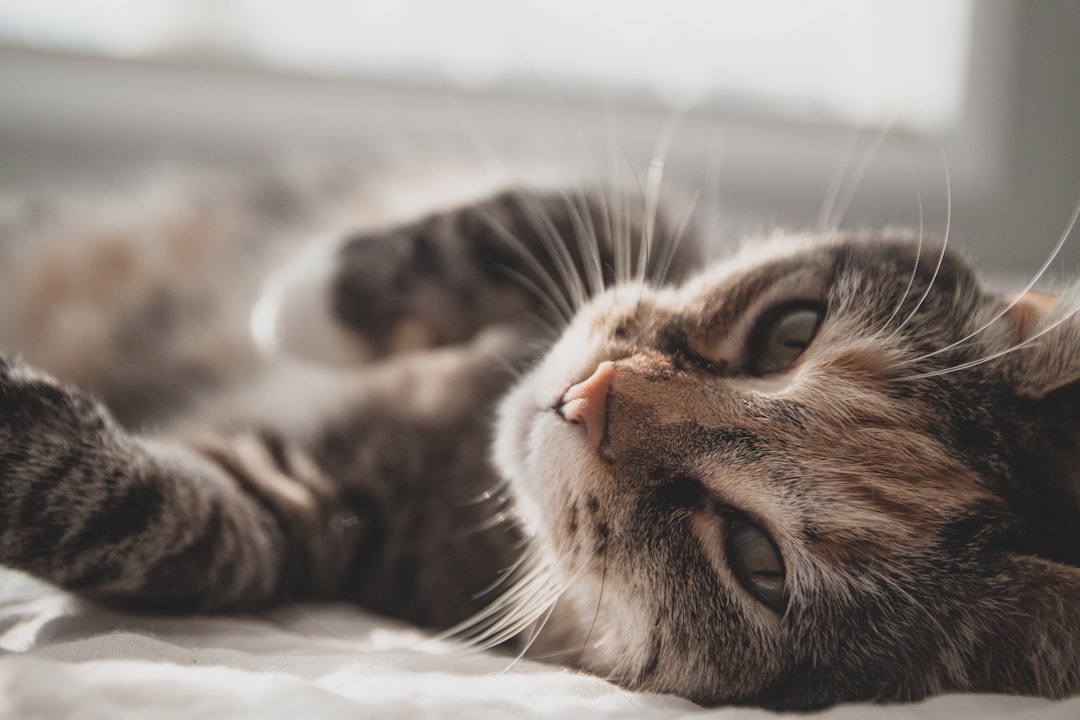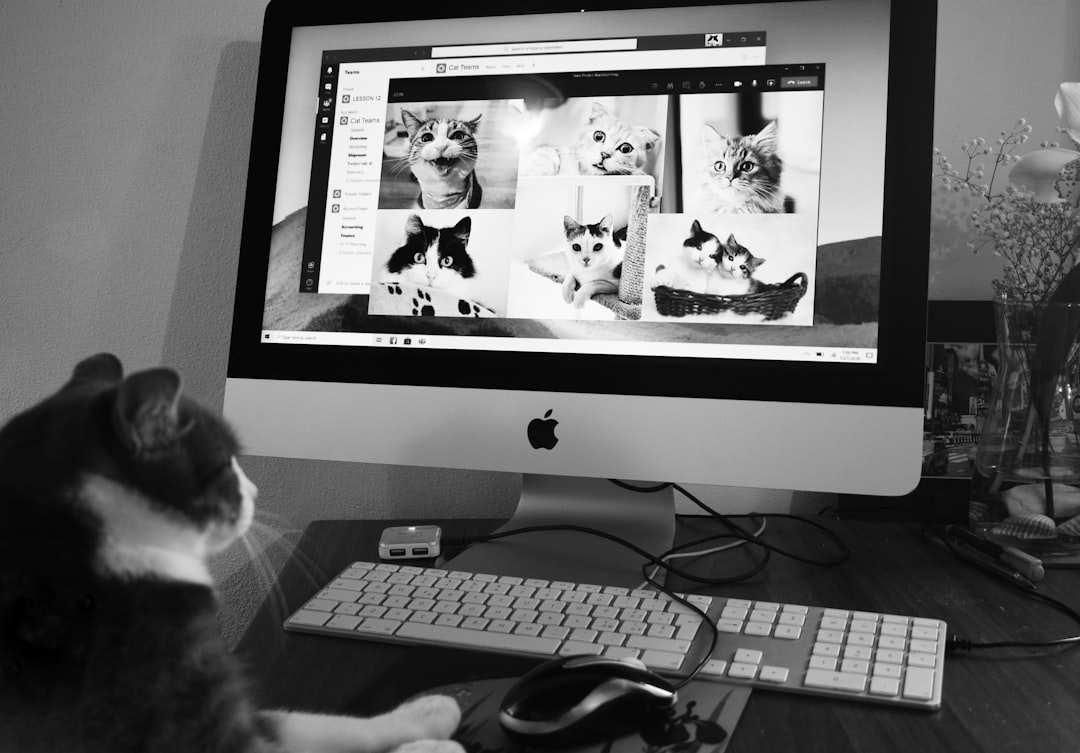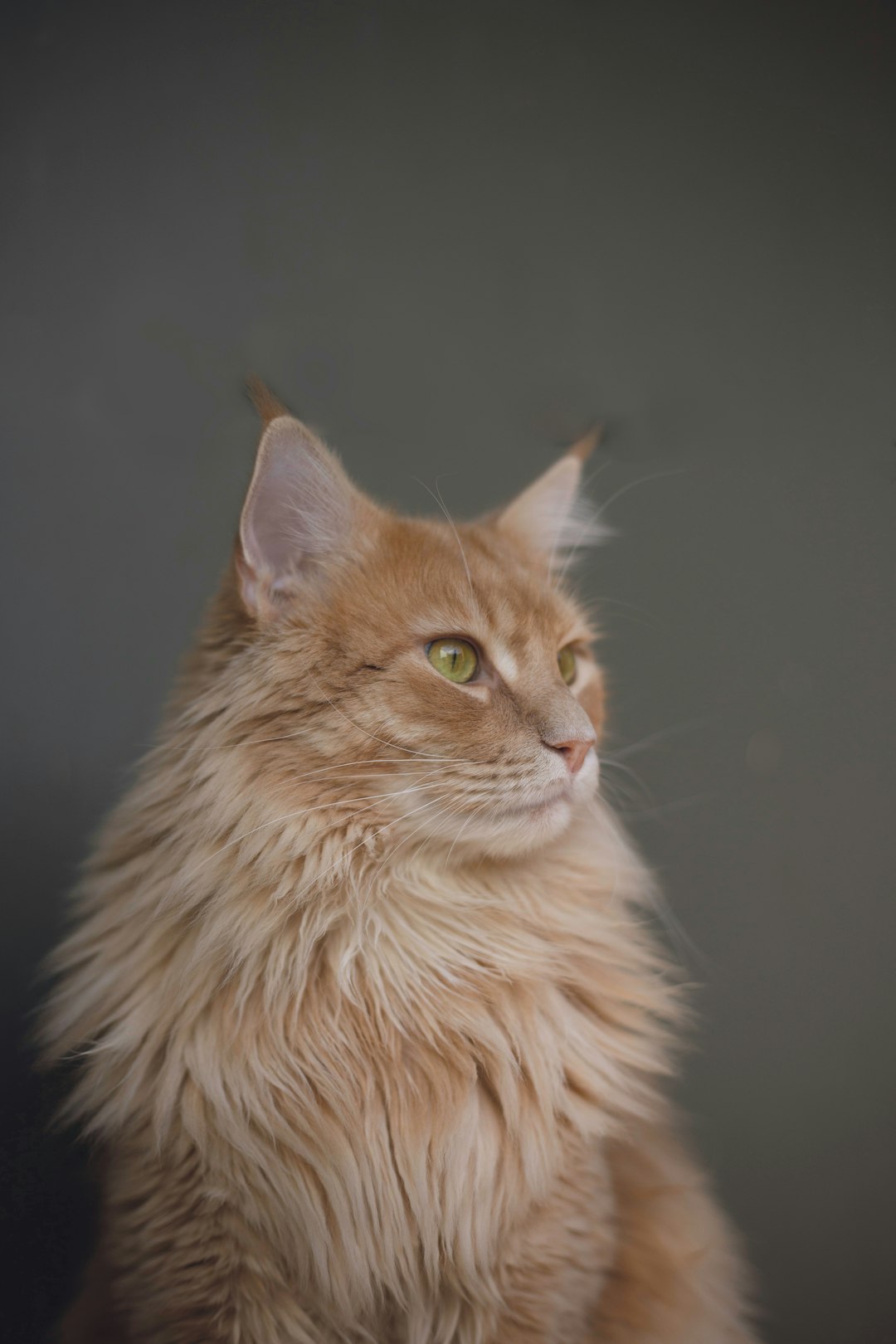Bringing an orange tabby kitten into your home can be an exciting and rewarding experience. These vibrant and affectionate pets possess unique personalities that can light up any environment. However, understanding the essentials of orange tabby kitten care is crucial for ensuring your new furry friend thrives. From gathering the right supplies to creating a safe space, every detail matters. By following a few fundamental tips, you can foster a happy home where your kitten can grow, play, and form a strong bond with you.
Understanding the Personality of Orange Tabby Kittens
Orange tabby kittens are known for their vibrant personalities and charming traits. As you embark on the journey of orange tabby kitten care, it’s essential to grasp the unique characteristics of these lovable companions. Here’s what you can expect:
- Affectionate: Orange tabbies often crave human attention and develop strong emotional bonds with their owners.
- Playful: These kittens are lively and full of energy, enjoying playtime with toys and interactive games.
- Curious: Always eager to explore their surroundings, be prepared for your kitten to investigate every nook and cranny.
- Intelligent: Orange tabbies tend to be quick learners, making them receptive to training and commands.
When considering orange tabby kitten care, remember that their playful nature means they thrive in environments where they can express their curiosity and energy. By understanding their personality, you can create a happy home that meets their emotional and social needs.
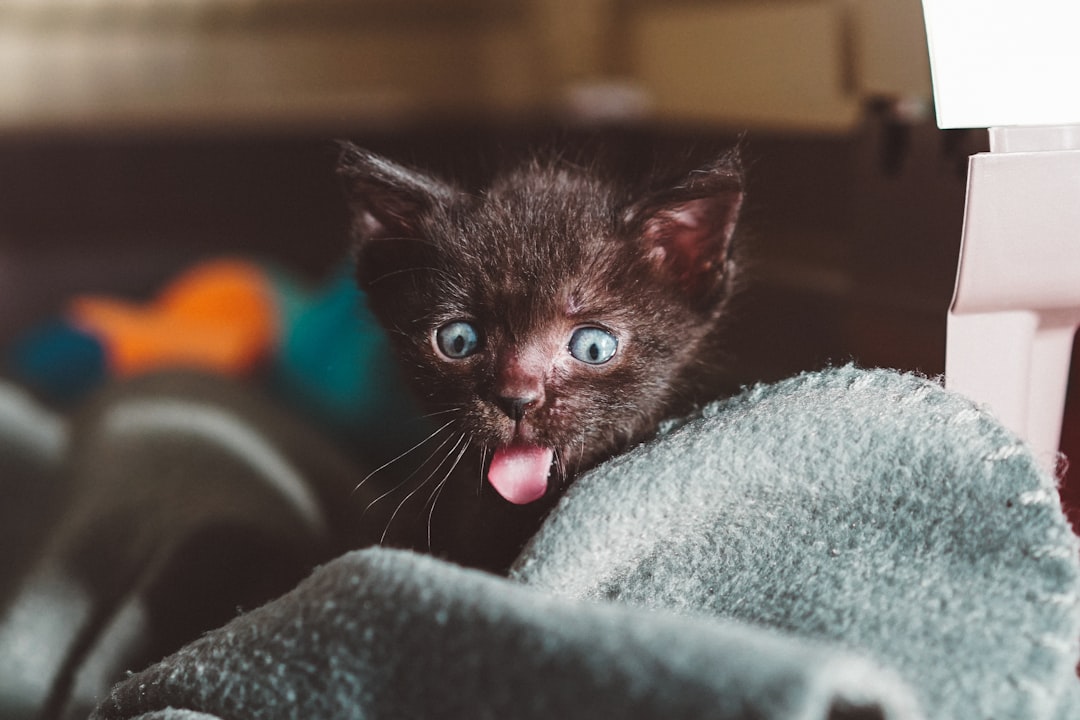
Essential Supplies for Your New Kitten
When preparing for your orange tabby kitten care, gathering the right supplies is essential for their comfort and well-being. Here’s a list of must-have items:
Food and Water Bowls: Choose shallow and sturdy bowls to prevent spills. Stainless steel is a great option as it is durable and easy to clean.
High-Quality Kitten Food: Select a nutritious kitten formula with balanced proteins, fats, and vitamins to support their growth.
Litter Box and Cat Litter: A litter box should be accessible, with low sides for easy entry. Opt for clumping, unscented litter to promote good hygiene.
Scratching Posts: Provide various scratching surfaces like cardboard or sisal to satisfy their natural scratching instincts.
Toys: Engage your orange tabby with interactive toys such as balls, feathers, and plush mice to keep them active and mentally stimulated.
Bedding: A soft and warm bed will give your kitten a cozy place to sleep.
Carrier: A sturdy carrier is crucial for vet visits and travel safety.
By ensuring you have these essential supplies, you set the foundation for proper orange tabby kitten care in a loving home.
Creating a Safe and Fun Environment
When it comes to orange tabby kitten care, fostering a safe and engaging environment is essential for their well-being. Here are some strategies to ensure your home is kitten-friendly:
Secure Hazardous Areas:
- Block off staircases and accessible ledges.
- Remove toxic plants and household chemicals from reach.
Provide Enrichment:
- Equip your home with scratching posts, toys, and interactive games.
- Rotate toys regularly to keep your kitten entertained.
Safe Spaces:
- Create cozy hideaways using blankets and boxes to make your kitten feel secure.
Room-by-Room Setup:
Room Suggestions Living Room Cat trees for climbing; soft surfaces Bedroom A safe sleeping area away from noise Kitchen Keep food and sharp objects safely stored
By making these simple adjustments, you promote a nurturing space for your orange tabby kitten, leading to a happier, healthier pet. Incorporate orange tabby kitten care practices daily to cultivate both safety and fun in your home.
Feeding Your Orange Tabby: Nutritional Needs
Caring for your orange tabby kitten involves understanding their unique nutritional needs. To support their growth and energy, consider the following guidelines for orange tabby kitten care:
- High-Quality Kitten Food: Choose food specifically formulated for kittens. This ensures they receive the right balance of nutrients necessary for their development.
- Protein-Rich Diet: Look for food with real meat as the first ingredient. Protein is crucial for muscle development.
- Wet vs. Dry Food:
| Type of Food | Pros | Cons |
|---|---|---|
| Wet Food | Keeps them hydrated, palatable | Can be more expensive |
| Dry Food | Convenient, dental benefits | Less moisture |
- Feeding Frequency: Young kittens require more frequent meals. Typically, feeding them 3-4 times a day promotes healthy growth.
- Fresh Water: Always provide access to clean, fresh water to keep them hydrated.
In summary, understanding the nutritional needs of your orange tabby kitten will set a strong foundation for their health and happiness. Always consult with your veterinarian for personalized feeding recommendations!
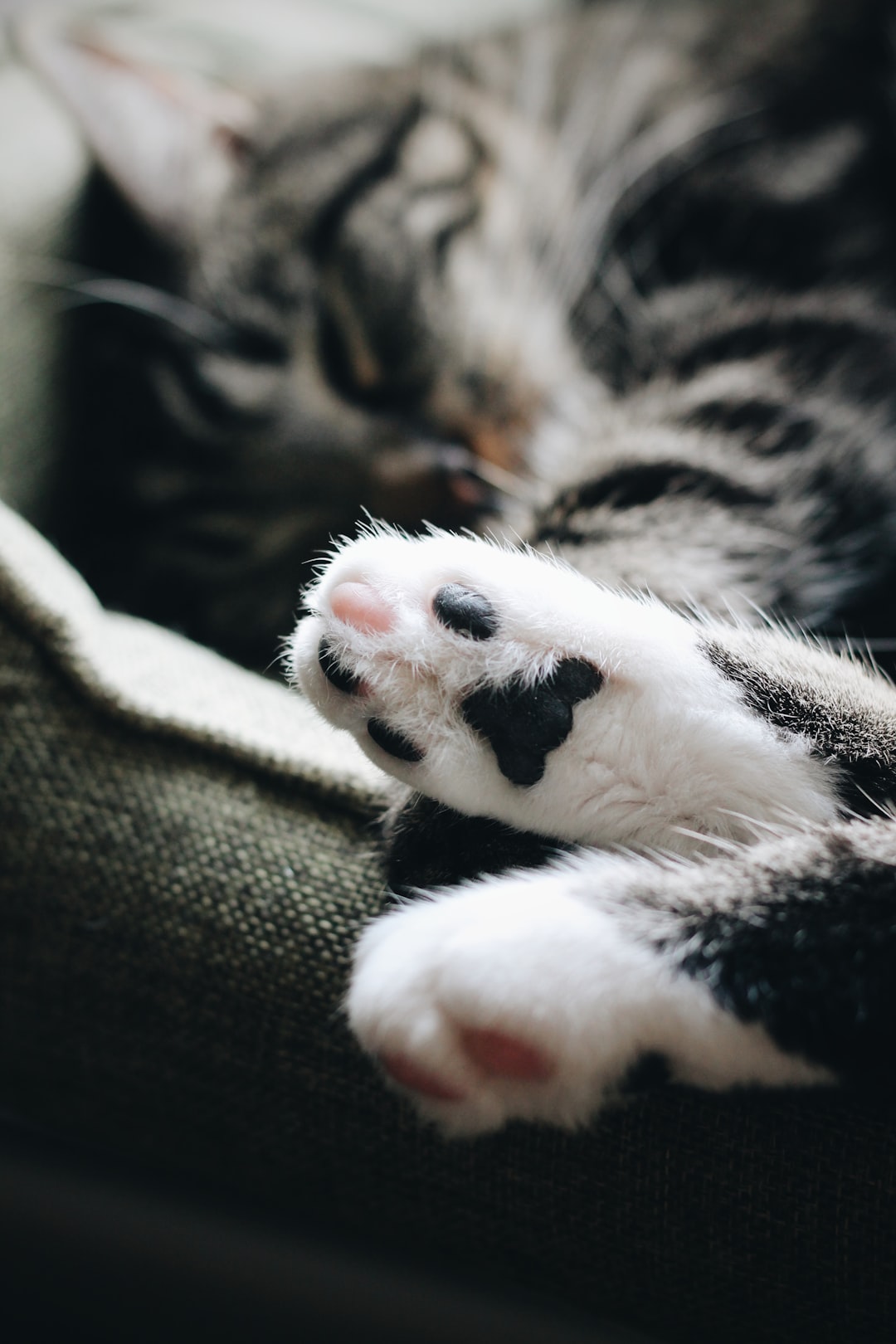
Litter Training Tips for Success
Litter training your orange tabby kitten is a vital part of orange tabby kitten care. It helps maintain a clean home and ensures your kitten learns where to go. Follow these tips to achieve success:
- Choose the Right Litter: Opt for unscented, clumping litter, as it is easier to clean and most kittens prefer it.
- Select a Suitable Litter Box: A box that’s low-sided and easy to enter works best for small kittens.
- Placement is Key: Position the litter box in a quiet, accessible area. Avoid placing it near food or water bowls.
- Introduce the Box: Gently place your kitten in the box after meals and naps. Kittens naturally want to eliminate after eating and sleeping.
- Reward Good Behavior: When your kitten uses the box, reward them with praise or a small treat to reinforce the behavior.
Keep in mind that patience is crucial. If accidents happen, clean them thoroughly to remove any lingering scent. With consistent effort, your orange tabby will quickly master their litter training, making your orange tabby kitten care routine much easier.
Routine Veterinary Care and Vaccinations
Proper orange tabby kitten care involves regular veterinary check-ups and timely vaccinations to ensure your kitten’s health and well-being. Here are some essential points to consider:
Initial Vet Visit: Schedule your first appointment within the first week of bringing your kitten home. The vet will perform a thorough examination and discuss vaccination schedules.
Vaccination Schedule:
- Core vaccines should be administered at:
- 6–8 weeks: FVRCP combination vaccine
- 12 weeks: Second FVRCP, and rabies vaccine
- 16 weeks: Final FVRCP and booster shots, if necessary
- Core vaccines should be administered at:
Parasite Control: Regular deworming and flea prevention are crucial. Discuss with your vet the best products for your orange tabby kitten.
Neutering/Spaying: This should occur between 4-6 months. It helps prevent unwanted litters and can reduce certain health risks.
Routine Check-ups: Schedule annual vet visits to monitor your kitten’s growth, health, and any behavioral concerns.
Incorporating these veterinary care practices into your orange tabby kitten care routine not only promotes a longer, healthier life but also helps strengthen the bond with your furry friend.
Socializing Your Kitten: Introducing to Other Pets
Successfully introducing your orange tabby kitten to other pets is crucial in ensuring a harmonious household. Follow these effective strategies for a smooth transition:
Prepare a Separate Space: Initially, create a designated area for your kitten. This gives them a safe zone to acclimate without overwhelming stimuli from existing pets.
Scent Swapping: Introduce your pets to each other’s scent. Rub a cloth on your orange tabby kitten and another on your other pets, then exchange them. This process helps reduce unfamiliarity.
Controlled Introductions: Use a baby gate or door to allow your kitten and other pets to see each other without direct contact. Monitor their reactions, rewarding calm behavior with treats.
Gradual Meetings: Once both pets seem comfortable, allow short, supervised interactions. Gradually increase the duration as they start to bond.
Positive Reinforcement: Celebrate successful meetings with praise and treats. This encourages positive associations during the orange tabby kitten care phase.
By following these steps, you can promote a peaceful coexistence between your orange tabby kitten and other pets, setting the foundation for lasting friendships.
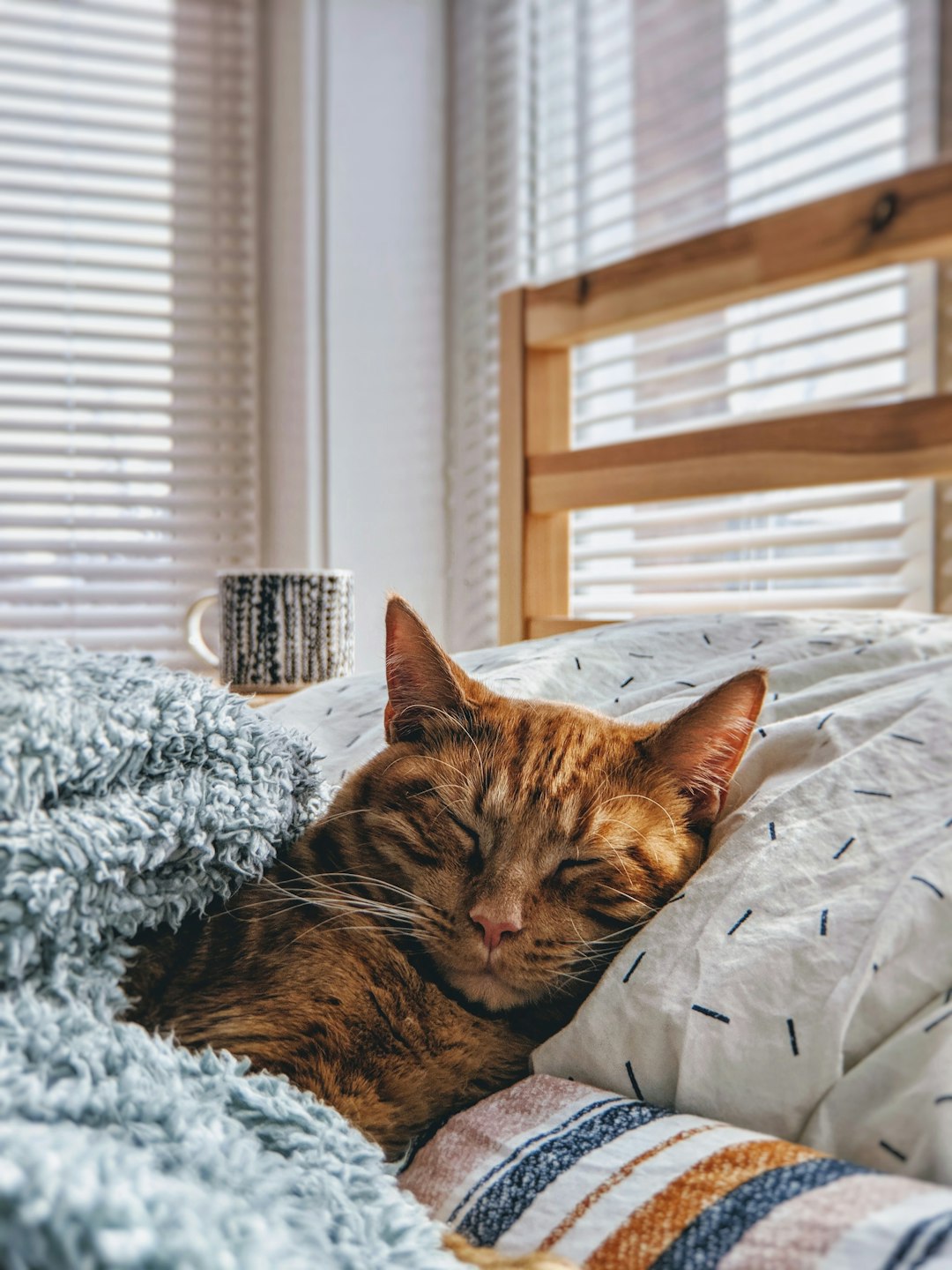
Grooming and Bonding Activities for Your Orange Tabby
Grooming plays a crucial role in the orange tabby kitten care routine. Not only does it keep their coat healthy and shiny, but it also enhances the bond between you and your furry friend. Here are some effective grooming tips and bonding activities to consider:
Grooming Tips:
- Brushing: Use a soft-bristle brush to remove loose hair and prevent matting. Aim for at least once a week.
- Nail Clipping: Trim your kitten’s nails every 2-3 weeks to prevent overgrowth and keep them comfortable.
- Bathing: Generally, orange tabbies maintain their hygiene well. Bathe only if necessary, using a kitten-friendly shampoo.
Bonding Activities:
- Playtime: Engage your kitten with toys like feather wands or laser pointers to foster interaction and exercise.
- Cuddle Sessions: Spend quiet time snuggling to build trust and affection. This enhances the emotional bond between you.
- Training: Teach simple commands using positive reinforcement. It stimulates their mind while strengthening your relationship.
Incorporating these grooming and bonding practices will significantly enrich your orange tabby kitten care experience!
Frequently Asked Questions
What are the essential supplies needed for an orange tabby kitten?
When bringing home an orange tabby kitten, several essential supplies are crucial for their comfort and well-being. You will need a high-quality kitten food that is specifically formulated for growth, a portable litter box with litter suitable for kittens, scratching posts to encourage natural scratching behaviors, and comfortable bedding for their rest. Additionally, consider investing in toys that stimulate their natural instincts, like feather wands and balls, along with grooming tools such as a soft brush to keep their coat healthy.
How can I ensure my orange tabby kitten is properly socialized?
Socializing your orange tabby kitten is key to fostering a confident and friendly adult cat. Start early by exposing them to various environments, sounds, and people. Encourage gentle interactions with family and friends, gradually introducing them to new experiences like different rooms in the house or safe outdoor areas. Positive reinforcement through treats and affection during these interactions can significantly help. Also, consider enrolling in kitten socialization classes, allowing them to interact with other kittens to develop their playful and social skills.
What vaccinations does my orange tabby kitten need?
Vaccinating your orange tabby kitten is an essential aspect of their healthcare. Initially, they will need a series of core vaccinations, including the FVRCP vaccine, which protects against feline viral rhinotracheitis, calicivirus, and panleukopenia, and the rabies vaccine, which is legally required in many areas. The first vaccinations typically occur at around 6 to 8 weeks of age, followed by boosters every 3-4 weeks until 16 weeks old. Always consult a veterinarian who can provide a tailored vaccination schedule based on your kitten’s health status and your local regulations.
What should I feed my orange tabby kitten for optimal growth?
To ensure optimal growth for your orange tabby kitten, select a high-quality kitten food that is rich in protein and essential nutrients. Look for products labelled as ‘complete and balanced’ that contain adequate levels of DHA, an omega-3 fatty acid crucial for brain development. Wet food can be beneficial for hydration and palatability, while dry kibble can support dental health. Feeding them several small meals throughout the day, approximately three to four, aligns with their natural eating habits, ensuring they receive the energy needed for their play and development.

